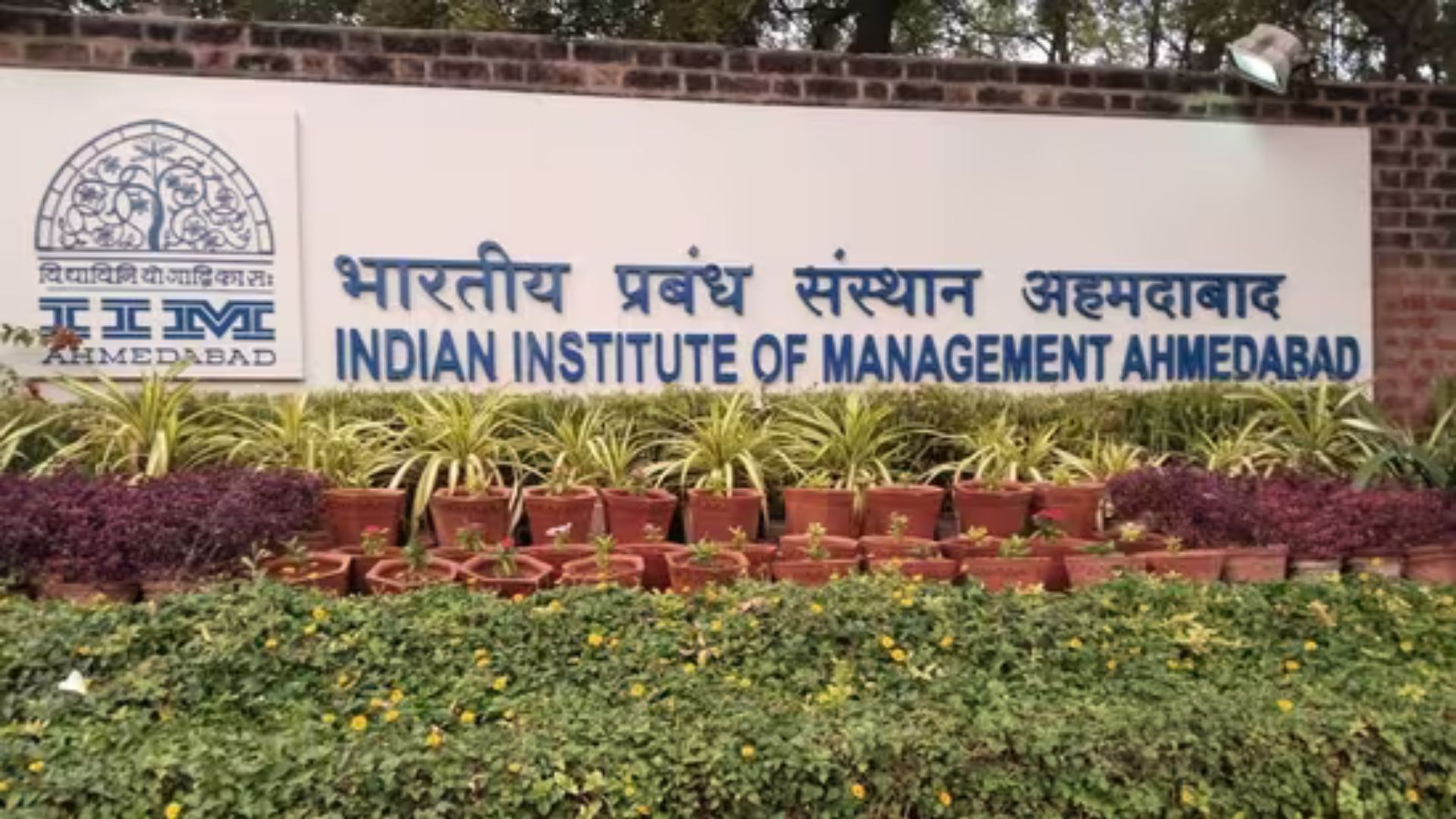The Management Aptitude Test (MAT), conducted by the All India Management Association (AIMA), is a cornerstone for MBA aspirants aiming to secure admissions to top business schools. The time-tested exam, approved by the Ministry of Education, Government of India, is widely accepted by over 600 esteemed Business Schools (B-Schools) nationwide. Its versatile testing modes and multiple administration make it a flexible and accessible option for candidates from diverse backgrounds. The standardized test has been administered for over three decades to facilitate B-Schools in screening candidates for admission to MBA and allied programs thus making it most trusted and popular management entrance examination.
A Trusted Path to Top B-Schools
Since its inception in 1988, MAT has served as a reliable gateway for students aspiring to join premier management programs. Approved as a national-level exam by the Government of India in 2003, MAT’s credibility is further solidified by endorsement of MAT scores by the Honourable Supreme Court and the Delhi High Court. This trust and recognition have made MAT a preferred choice among MBA aspirants, with scores accepted by prestigious institutions like BIMTECH, VIT Vellore, Dr. DY Patil B-School, Christ University, Indian Institute of Forest Management, PSG Institute of Management and many more.
The exam is conducted four times a year, providing candidates with multiple opportunities to secure their admission to top-tier management programs.
Embracing Innovation: MAT 2.0
In line with the emerging trends, contemporary industry practices and growing educational requirements. AIMA introduced MAT 2.0 in May 2024. This revamped version of the exam includes significant changes to its structure, content focus, and duration.
The new format features 150 questions to be answered in 120 minutes, with a special emphasis on current business domains. A notable addition is the segment on Economic and Business Environment, which covers current economic trends, financial products, services, and technological interventions in business. These updates ensure that MAT remains relevant and continues to cater to the needs of modern business education.
Versatile Testing Modes
MAT’s flexibility is one of its standout features. The exam is conducted in three modes: Internet-Based Test (IBT), Paper-Based Test (PBT), and Computer-Based Test (CBT). This versatility allows candidates to choose the most convenient method, enhancing accessibility. The IBT mode enables remote testing, while the PBT and CBT modes offer traditional and digital exam experiences, respectively. Additionally, candidates registering for multiple modes benefit from a concession in registration fees, and the score validity of one year allows them to take the exam multiple times, using the best score for admissions.
Aligning with India’s Economic Growth
India’s rapid economic growth, driven by a burgeoning middle class, expansive consumer base, and growing digital infrastructure, underscores the importance of producing management graduates who are well-versed in current business and economic trends. MAT caters to these emerging trends by integrating technology-driven components into its exam format. This alignment with emerging industry practices ensures that MAT remains a relevant and effective tool for evaluating candidates’ aptitude for management education.
Conclusion
MAT continues to be a pivotal exam for MBA aspirants, offering a trusted and versatile path to top business schools. Its authorization by the Government of India, national acceptance, and continuous evolution to meet modern demands make it a premier choice for students. With the introduction of MAT 2.0, AIMA reaffirms its commitment to providing a comprehensive assessment that aligns with the dynamic landscape of business education, ensuring that graduates are well-equipped to navigate and succeed in their professional journeys.
About AIMA
The All India Management Association (AIMA) is the Voice of India’s Leaders and Managers, and the apex body for management in India with over 38000 members and close to 6000 corporate / institutional members through 68 Local Management Associations affiliated to it. AIMA was formed over 60 years ago and is a non-lobbying, not for profit organization. It works closely with industry, Government, academia and students, to further the cause of the management profession in India; and is represented on a number of policy making bodies of the Government of India and national associations. AIMA offers various services in the areas of testing, distance education, skill development & training, research, publications, executive education and management development programmes – both in the physical and virtual mode. In addition, AIMA brings to the Indian managers, the best management practices and techniques through numerous foreign collaborations with professional bodies and institutions.
The author is the Director at AIMA (All Indian Management Association).












